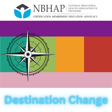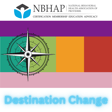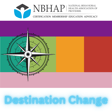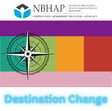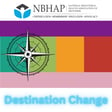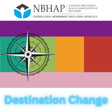
From Junkie to Judge’s Mary Beth O’Connor
Mary Beth O’Connor has been sober from her methamphetamine use disorder since 1994. She also is in recovery from abuse, trauma, and anxiety. She wrote about her story in her award-winning memoir From Junkie to Judge: One Woman’s Triumph Over Trauma and Addiction.
Mary Beth is a director for She Recovers Foundation and for LifeRing Secular Recovery. She also is on the Advisory Council for The Hyer Calling Foundation. She regularly speaks on behalf of these organizations and about multiple paths to recovery. This includes television, radio, conferences, podcasts, and recovery houses. She develops relationships with other organizations, such as Women for Sobriety and trains attorneys, judges, and medical professionals.
Mary Beth regularly writes opinion pieces which have appeared in The Wall Street Journal, Los Angeles Times, Philadelphia Inquirer, Recovery Today, and other publications. Her memoir writings have been published in Memoir Magazine, Awakenings, and Ravens Perch among others.
Professionally, six years into her recovery, Mary Beth attended Berkeley Law. She worked at a large firm, then litigated class actions for the federal government. In 2014 she was appointed a federal Administrative Law Judge from which position she retired early in 2020.
